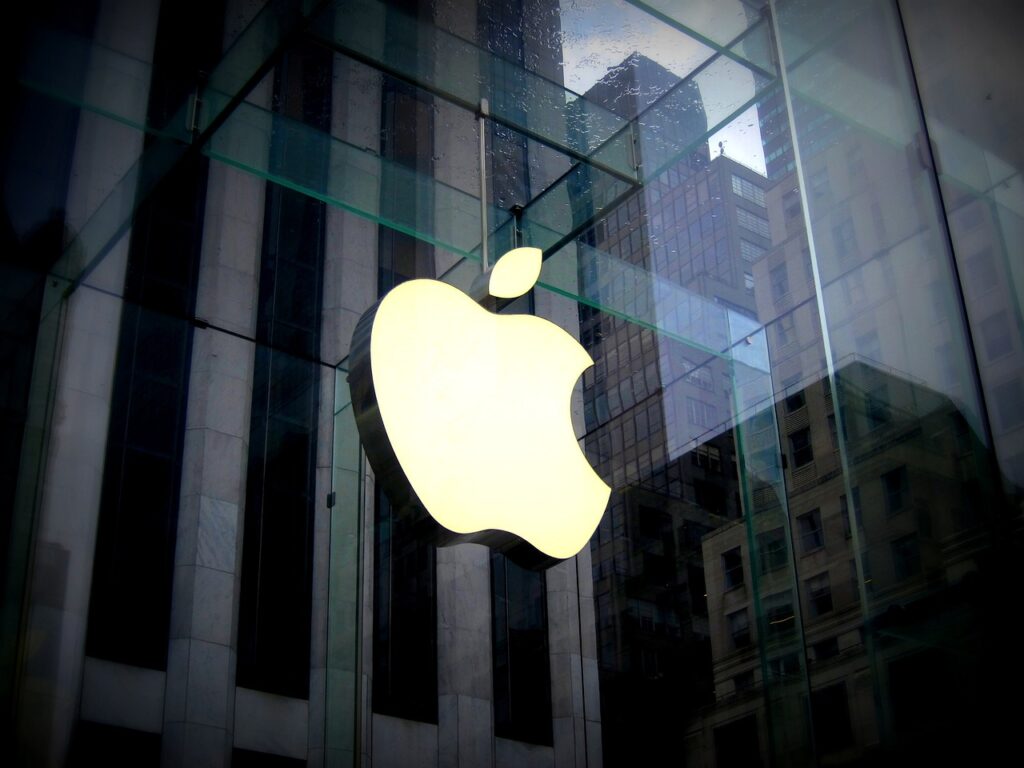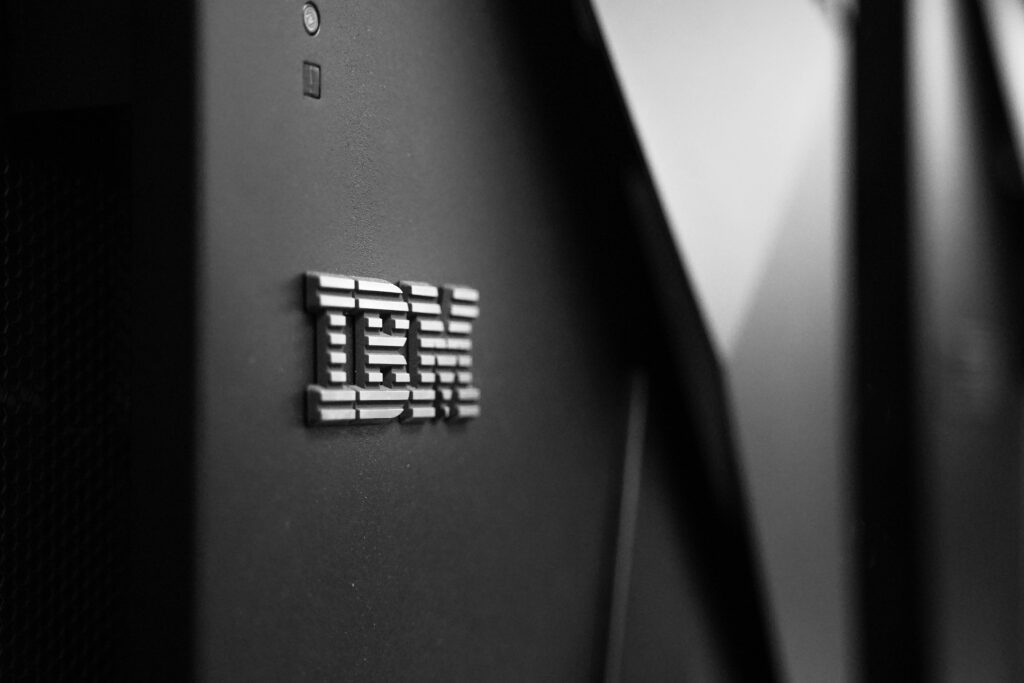OpenAI, the organization responsible for ChatGPT, is in the process of investigating the potential development of its own artificial intelligence (AI) chips as a response to the ongoing shortage of these critical components. Inside sources familiar with OpenAI’s plans have also revealed that the company is evaluating the possibility of acquiring a target company to address this issue. However, it’s important to note that OpenAI has not yet made a final decision regarding these plans, as indicated by recent internal discussions. The shortage of expensive AI chips has been a pressing concern for OpenAI, prompting them to explore various options. One of these options involves the development of proprietary AI chips, a significant undertaking. Additionally, OpenAI is considering forging closer partnerships with established chip manufacturers, including Nvidia. Another strategy under consideration is diversifying their supplier base beyond their current reliance on Nvidia for these crucial components. OpenAI’s CEO, Sam Altman, has emphasized the critical nature of acquiring more AI chips for the organization. He has publicly voiced concerns about the limited availability of graphics processing units (GPUs), which are essential for running AI applications. Currently, Nvidia dominates the global GPU market, holding over 80% of the market share. OpenAI has chosen to refrain from making official comments on these developments, underscoring the ongoing nature of their deliberations. Nevertheless, their exploration of alternative strategies to secure a stable supply of AI chips highlights the significance of dependable hardware resources for organizations like OpenAI that heavily depend on artificial intelligence technology. OpenAI, the organization responsible for ChatGPT, is in the process of investigating the potential development of its own artificial intelligence (AI) chips as a response to the ongoing shortage of these critical components. Inside sources familiar with OpenAI’s plans have also revealed that the company is evaluating the possibility of acquiring a target company to address this issue. However, it’s important to note that OpenAI has not yet made a final decision regarding these plans, as indicated by recent internal discussions. The shortage of expensive AI chips has been a pressing concern for OpenAI, prompting them to explore various options. One of these options involves the development of proprietary AI chips, a significant undertaking. Additionally, OpenAI is considering forging closer partnerships with established chip manufacturers, including Nvidia. Another strategy under consideration is diversifying their supplier base beyond their current reliance on Nvidia for these crucial components. OpenAI’s CEO, Sam Altman, has emphasized the critical nature of acquiring more AI chips for the organization. He has publicly voiced concerns about the limited availability of graphics processing units (GPUs), which are essential for running AI applications. Currently, Nvidia dominates the global GPU market, holding over 80% of the market share. OpenAI has chosen to refrain from making official comments on these developments, underscoring the ongoing nature of their deliberations. Nevertheless, their exploration of alternative strategies to secure a stable supply of AI chips highlights the significance of dependable hardware resources for organizations like OpenAI that heavily depend on artificial intelligence technology.







